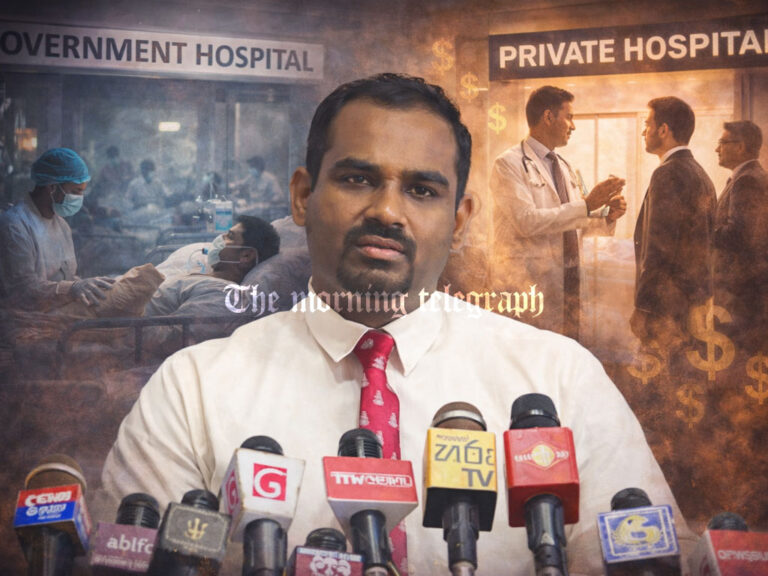
The rise in suicide rates is a pressing issue that reflects deep-rooted societal challenges, as highlighted by Professor Mohammad Mahish of the Department of Sociology at Colombo University. His insights on the breakdown of human relationships and the isolation experienced by individuals in modern society provide a critical perspective on this complex phenomenon.
Breakdown of Human Relationships
Professor Mahish identifies the deterioration of interpersonal connections as a primary contributor to rising suicide rates. In an age dominated by technology, many individuals find their interactions mediated by screens rather than face-to-face contact. He argues that modern humans often engage more with tools than with each other, leading to a profound sense of isolation. This shift, particularly prevalent in developed countries, is alarming as it underscores a broader societal trend toward individualism at the expense of community and connection.
In Sri Lanka, a country that may not exhibit the same level of economic development as its Western counterparts, the same issues persist. The erosion of traditional communal ties, combined with the pressures of modern life, creates a breeding ground for feelings of loneliness and despair. Professor Mahish poignantly states, “We do not understand ourselves and we do not understand others,” emphasizing the need for a deeper connection to both our own identities and the people around us.
High Expectations and Economic Struggles
Additionally, the increasing economic challenges faced by many in Sri Lanka can exacerbate feelings of inadequacy and hopelessness. The pressures of modern living often lead to unrealistic expectations regarding success and happiness. Professor Mahish points out that economic struggles, coupled with an inability to adapt, can drive individuals to contemplate suicide. This situation is not unique to Sri Lanka; it reflects a global crisis where financial insecurity can undermine mental well-being.
His reference to Rudyard Kipling’s poetry, emphasizing the importance of maintaining a passion for life despite adversity, serves as a poignant reminder of the resilience required to navigate modern challenges. The professor urges society to rediscover the inherent values within their culture that foster connections, such as art, nature, and religion, which can provide solace and support in difficult times.
The Dangers of Technology
The professor’s comments on the pervasive influence of mobile phones highlight another significant factor in the rising rates of suicide: technology-induced isolation. He argues that mobile devices, rather than fostering communication, can actually intensify feelings of loneliness. Observations from everyday life, such as a girl sitting silently in a bus while engrossed in her phone, illustrate how technology can create physical proximity without genuine connection.
In the past, close-knit communities provided support and understanding through regular interaction. The shift towards a more individualized experience of life—where people engage with their devices rather than with each other—can exacerbate feelings of alienation. Professor Mahish’s assertion that mobile phones may be “more dangerous than a T-56 firearm” is a stark warning about the insidious impact of technology on mental health.
The increasing suicide rates demand urgent attention and a collective response to address the underlying societal issues. As highlighted by Professor Mahish, fostering human relationships, redefining expectations, and leveraging cultural values are crucial steps in combating this crisis. By reconnecting with one another and rediscovering the importance of community, we can begin to heal the fractures in our society and create a more supportive environment for those in need. As we confront the realities of modern life, it is essential to remember that connection and compassion can serve as powerful antidotes to the loneliness that fuels despair.




